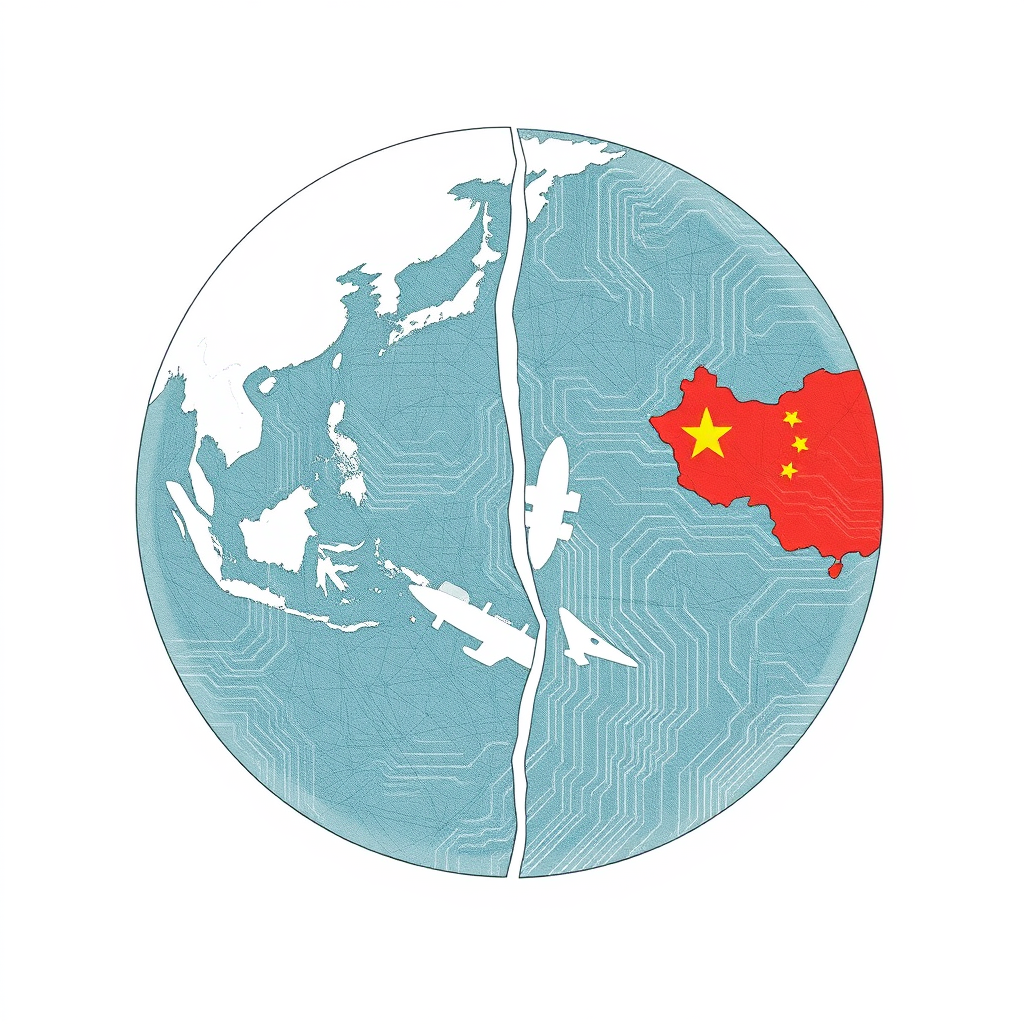Pacific War Fears Rise Among U.S. Commanders

Top U.S. military leaders are sounding the alarm about escalating risks in the Pacific region, particularly concerning potential conflict with China. Recent testimony before Congress revealed stark warnings from Admiral Samuel John Paparo Jr., commander of the U.S. Indo-Pacific Command (INDOPACOM), and Army Gen. Bryan P. Fenton, head of U.S. Special Operations Command (USSOCOM). Both commanders highlighted the potentially devastating consequences of a conflict over Taiwan, with Admiral Paparo offering a grim assessment of what such a war might entail.
Beyond the immediate threat of armed conflict, General Fenton emphasized a growing concern that the United States is losing ground to China in crucial areas of military and technological innovation – extending beyond traditional warfare to encompass non-kinetic strategies. This suggests a broader strategic challenge, where maintaining a competitive edge requires investment not just in hardware, but also in emerging technologies and unconventional approaches.
The warnings underscore a growing consensus within the U.S. military that the Pacific is becoming an increasingly contested space, and that proactive measures are needed to deter aggression and maintain stability. The focus on both conventional and non-conventional risks suggests a recognition that future conflicts may not resemble traditional warfare, and that the U.S. must adapt its strategies accordingly. It’s a concerning picture, and one that demands serious attention from policymakers and the public alike. The implications of falling behind in innovation are particularly troubling, hinting at a potential erosion of U.S. strategic advantage in the long term.